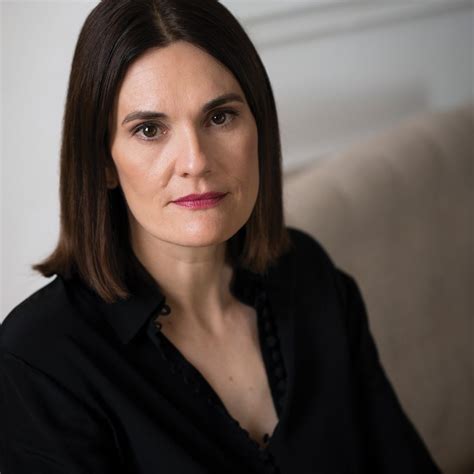A Quote by Scott Adams
These days it seems like any idiot with a laptop computer can churn out a business book and make a few bucks. That's certainly what I'm hoping. It would be a real letdown if the trend changed before this masterpiece goes to print.
Related Quotes
My standards are higher than they used to be, I think. They don't necessarily have to make sense, but I certainly work on them a lot harder now -- partly because I do them on the computer, and I print them out and fix them, and print them and fix them over and over again, whereas in the early days I used to just scratch down a few things on a piece of paper.
The only power source a book needs is you. If you have to leave for a few minutes you have not lost the story. It is waiting for you when you return. You can pick up a book and resume reading at any time, after a few minutes, a few days, even a few years. A television picture or a movie might be lost forever, but your book is waiting.
I use a computer, but before I begin each new book I keep a notebook. I write down everything that comes to mind during that period before I actually begin. It might take months or weeks. That notebook is my security blanket so that I never have to face a blank screen (or blank page). But I print out often and my best ideas usually come with a pencil in my hand.
When I was a kid, I would come home from school, throw my bag, go out to play. My daughter comes home from school, throws her bag, goes to play, but sitting in front of the computer because their definition of play has changed. They don't go out to play. They play on the computer with their friends.
Before 'Dilbert,' I tried to become a computer programmer. In the early days of computing, I bought this big, heavy, portable computer for my house. I spent two years nights and weekends trying to write games that I thought I would sell. Turns out I'm not that good a programmer, so that was two years that didn't work out.


































